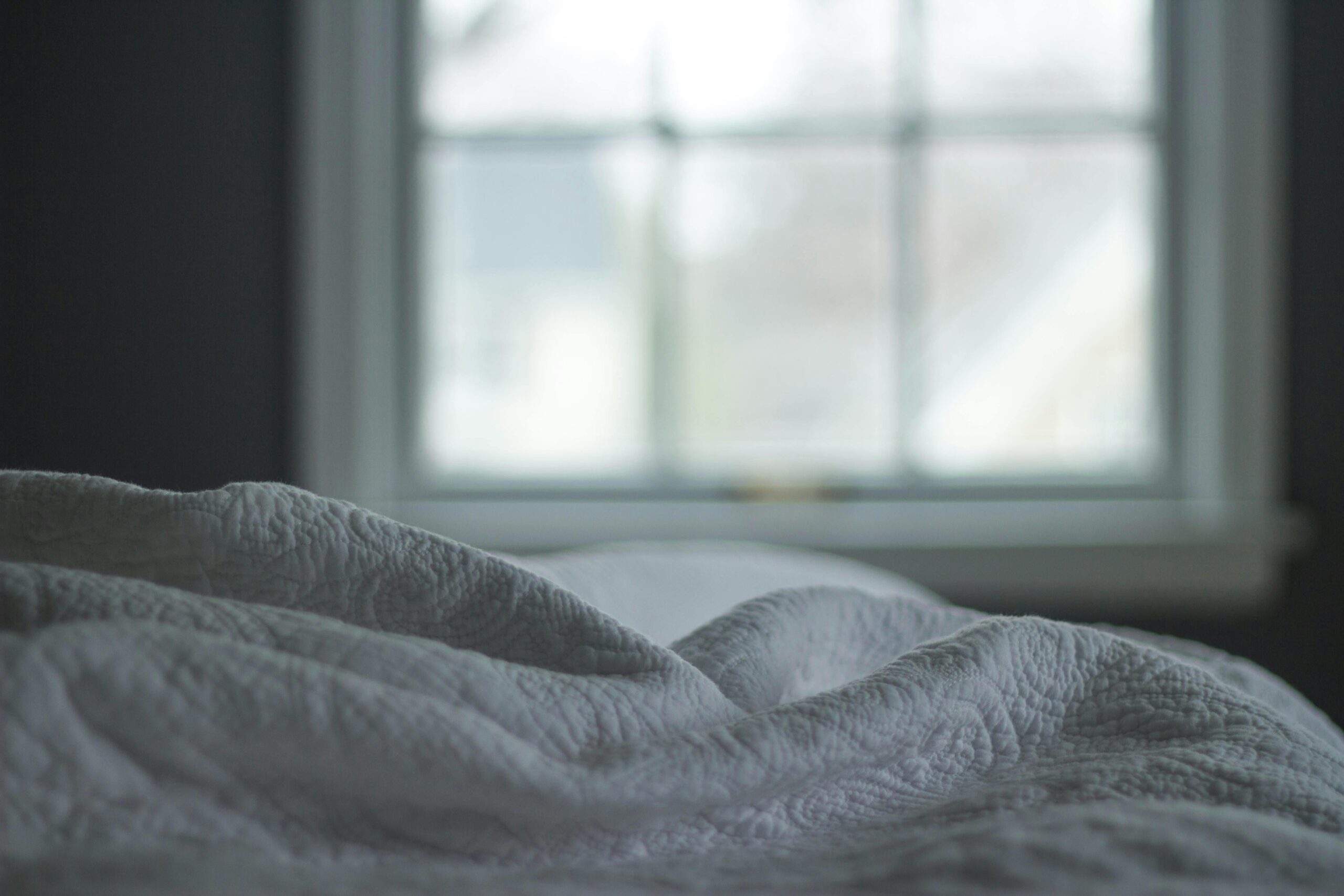Hello and welcome back to entry 10 of Keystone’s weekly wellness blog!
This week I wanted to start off with some visualization… Picture this: it’s the night before you have to present a big project and you find yourself knee deep in your study material and notes, armed with highlighters, cue cards and an extra big cup of anything with caffeine in it. But wait a second, aren’t you forgetting something crucial? Ah, yes, the thing that is usually first to be sacrificed when we’re preparing for something: sleep!!! We’ve all been there, up until the early hours of the morning, thinking that we can outsmart our own biology by trading sleep for studying. Only, the joke is on us because science has a not so discreet way of reminding us that without sleep we can’t reach our full academic potential.
So, get cozy, wind down, and let’s explore why proper sleep is a gamechanger!
How much sleep do we really need? How much sleep do we really get?
The American Academy of Sleep Medicine recommends that youth aged 13-18 should get a total of 8-10 hours of sleep every 24 hours and for young adults aged 18-25 the range needed is 7-9 hours. Now — let’s be honest here — we know that teens are natural night owls and usually struggle with getting to bed at what parents deem a reasonable bedtime. The interesting thing is that there is a biological reason for teens’ abilities to stay up late and sleep in long. Going through puberty, something called our circadian rhythm (think of it as an internal body clock) goes through changes and melatonin (what our bodies release to make us sleepy) is released later in the night than adults. However, that is not the only contributing factor to why teens stay up late. I’m sure you can guess what I’m about to say, but, it’s technology!!! Again, we’ve all been there, getting in our beds, watching TikTok and the next thing you know you’re hearing the birds chirping. Our electronics are equipped with a blue light in the screens which blocks our body’s ability to produce melatonin, which as I mentioned before, is already slower in production for teens to begin with. So we know how much sleep we should be getting, but 73% of high schoolers do not regularly get the proper amount they need.
The Consequences of Poor Sleep
The consequences of not getting enough sleep are more than just feeling a bit tired or cranky the next day. Imagine it as a domino effect where even just one restless night comes with a wave of unwanted symptoms.
Here are a few:
- Impaired Cognitive Function: Not getting enough sleep affects our brain’s ability to function at full capacity. We are less likely to be able to concentrate, memorize and problem solve, which are all necessary skills for good academic performance.
- Emotional Instability: Lack of sleep is strongly linked to emotional instability. Teens may be (even) more vulnerable to mood swings, irritability and intense emotional reaction without a good night’s rest.
- Increased Stress and Anxiety: Our ability to manage stress and anxiety while sleep deprived immediately goes out the window. The regular pressures already faced on the day-to-day become a lot harder to handle.
- Risk-taking Behavior: Lack of sleep heavily impairs our judgement and decision making, which can lead to an increased chance of engaging in risky behaviors. Teens may be more likely to make impulse decisions they might have been able to avoid with a good sleep.
- Weakened Immune System: Quality sleep is essential for a strong and effective immune system. A lack of sleep can leave us more susceptible to infections and illnesses, which may even further impact our sleep!
In the long term, chronic sleep deprivation can cause serious issues for our physical and mental health. For example, studies have shown links between long-term sleep deprivation and type 2 diabetes, high blood pressure, cardiovascular disease, depression and anxiety…all of which are not worth chronically not getting enough sleep for!
The Importance of Sleep for Students
As difficult as it may be to prioritize getting sleep in the normal chaos of school and social life, the benefits from making it a priority are undeniable. Quality sleep plays a massive role in our cognitive functioning, our ability to concentrate, memorize, retain new information and problem solve. When students aim to get a good rest, they are far better equipped to tackle (and put real effort into) their coursework. Besides getting better grades (a huge bonus I’d say), your emotional well-being is also influenced by the amount of sleep you get: better sleep means you’re better able to handle stressful situations better. An improvement in mood, physical health and academic performance sounds like a pretty sweet deal to me!
Tips for Getting Regular Good Sleep
Establish a Bedtime Routine
Try your best to go to sleep and wake up at the same time every day, even on weekends. Sleeping in until 2pm sounds great, but having a regular sleep in and wake up time helps your internal body clock to stay regulated, making it easier to fall asleep at night and get up in the morning.
Make your Surroundings Comfortable
Make your sleeping area as cozy and comfortable as possible! Invest in some comfortable pillows and blankets, make sure you have your favourite stuffed animal (you’re never too old!) and try out new things like falling asleep to white noise or sounds of rain, trying earplugs or testing out blackout curtains.
Limit Screen Time Before Bed
The blue light from our devices dysregulates our body’s production of melatonin, so research says to try to avoid screens for one hour before bed. Instead, try some other unwinding activities like a nice, warm bath or reading a good book.
Get Active during the Day
Regular physical activity really helps in getting a good sleep at night. However, try to save the intense workouts for at least a few hours before bed, as exercising too close to bedtime can instead have the opposite effect.
Limit Naps
I know…I know. While short naps can help us to get through the day, try your best to avoid long or late-afternoon naps, as they can interfere with our ability to fall asleep at a reasonable time. So go ahead and nap, just keep it brief (10-20 minutes) and earlier in the day.
Seek Professional Help if Needed
If sleeping issues are persisting even after trying out these tips, consider consulting your doctor or healthcare professional. Sleep disorders or underlying issues aren’t uncommon, and they can help to provide further guidance on improving your sleep.
So there you have it—the lowdown on catching some good Zs! Sleep isn’t just downtime, it really is an investment in yourself and your well-being. With a good routine, a cozy bed, and some screen-free wind down activities, you’ll be a master of sleep in no time at all. Here’s to restful nights, productive days and a happier and healthier you! You got this, sleep tight!
“The best bridge between despair and hope is a good night’s sleep.”







